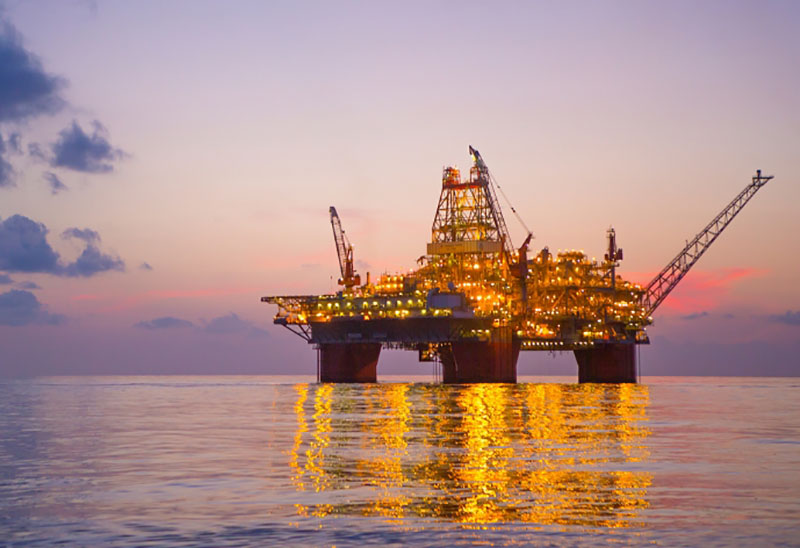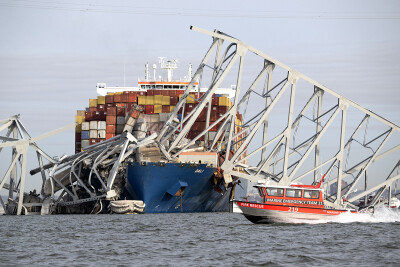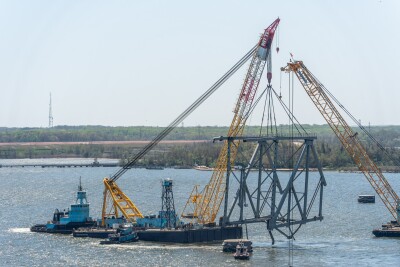When the federal Bureau of Ocean Energy Management held the first lease sale of the Trump administration in August it was the biggest in history – 76 million acres.
The next one in March 2018 will be bigger — 77 million acres. With President Trump in charge, will each one be bigger and better?
The market will see about that.
“This recent sale was by no means a barn burner,” Walter Cruickshank, the acting director of BOEM, said during the Offshore Program at the International WorkBoat Show Thursday in New Orleans.
The August sale fetched more then $137 million from 27 bidders on about 90 tracts, some 508,096 acres in all.

Walter Cruickshank is acting director of BOEM.
Oil prices are low, and “there are not a lot of good prizes left to find” in the Gulf of Mexico, said Cruickshank. But the Gulf remains “the breadbasket” of offshore energy that provides 18% of U.S. oil production, and there is still a lot left, he said.
“We took a new approach” with lease sales, offering regionwide acreage twice a year under Interior Secretary Ryan Zinke’s directives to speed up the process, said Cruickshank. Meanwhile, the Department of Interior is moving toward a new five-year plan to open wider areas to energy and streamline regulations, he said.
“We also recognize that offshore wind can be an economic driver,” said Cruickshank. The keen interest that U.S. and European-based wind companies have in sites off the Northeast and Mid-Atlantic states has the potential for 15 gigawatts of power and 34,000 jobs going into the 2020s.
“Certainly not as big as the oil and gas industry, but nothing to sneeze at, either,” said Cruickshank.
“We know some of these developers will be building turbines by 2020,” said Cruickshank. The first are most likely to be off coastlines “where the states have set financial arrangements” to enable power purchases, he said. “Those are where we expect people to be submitting their plans first.”
BOEM could offer two more lease areas for sale off Massachusetts next year, and “together we believe conventional and renewable energy create a foundation” for economic growth, he said.





